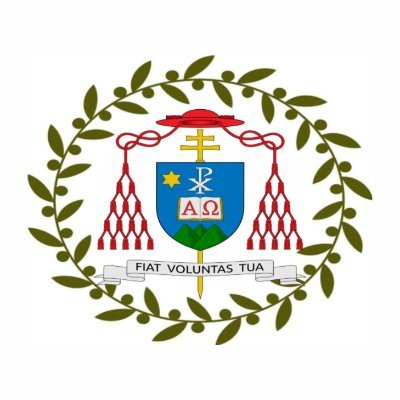The former Co-Chairman of Nigeria Inter-Relgious Council, NIREC, in Lagos State, Dr Abdullahi Shuaib, has called on religious leaders in the country to prioritize messages of hope in their preachings to mitigate COVID-19 effects on the people.
He made the call in Ibadan at a virtual Faith Leaders’ Dialogue Forum organised by the Cardinal Onaiyekan Foundation for Peace in collaboration with Faith for Peace Initiative.
He said considering the devastating effects of COVID-19 on socio-economic activities of the people, there was the need for religious leaders to provide spiritual tonic that would rekindle the hope of their subjects in God that with strong faith and prayers their loss would be replenished.
While lauding the initiative of faith based organisations by providing palliatives to less-privileged in the society, he said more would be necessary after coronavirus pandemic but in a more coordinated manner, stating that “they need not duplicate their activities but complement one another. If one is addressing the economic aspects, others could look at the areas of human and health development.”
Shuaib also called on religious leaders to see themselves as development partners in areas of provision of foods to the people “as many are crying of hunger and the problem of hunger is deadlier than the coronavirus itself.”
He urged NIREC to see to the establishment of an Inter-Faith COVID-19 Council that would coordinate the responses of the Faith and Inter-Faith Communities to coronavirus crisis in the country.
The National President, Youth Wing of Christian Association of Nigeria, Apostle Nyeneime Andy, in his remarks, said the number of individuals tagging COVID-19 as a scam would have been reduced if government had carried religious leaders along from the beginning considering their influence and closeness to the people.
“Government should see religious leaders as partners in fighting the virus because of their influence on people. Infact, people would have taken the Presidential Taskforce on COVID-19 more serious and the idea of the virus being a scam would be minimal if some religious leaders have been part of the taskforce,” he said.
Also speaking, the National Amirah, Federation of Muslim Women Association of Nigeria, FOMWAN, Hajia Halimah Jibril, said COVID-19 had made everyone to be vulnerable and called on religious leaders to use their resources to empower people, saying “this is the time to use both Zakaat and Tithe to build individuals and to give hope to the hopeless people.”
The Executive Secretary, NIREC, Reverend-Father Cornelius Omonokhua, in his contribution, noted that COVID-19 had challenged the faith and that was why the council took prayers as essential as it beat all imaginations how a virus could shut down the whole world.
The chief host of the programme and the Executive Director, Cardinal Onaiyekan Foundation for Peace, Reverend-Sister Agatha Chikelue, emphasized that COVID-19 did not know colour, race or religion as it had wreaked havoc on people’s livelihood and there was the need for interfaith collaboration on how people could bounce back .
The convener of the dialogue forum and Director, Faith for Peace Initiative, Mallam Tajudeen Alabede, said the coronavirus pandemic had brought untold hardship on the masses and interfaith community being a critical stakeholder had a role to play in the economic recovery of the people.
Other speakers at the one-day dialogue forum, which included Director, Institute of Church and Society, Ibadan, Very-Reverend Kolade Fadahunsi; National President, National Council of Muslim Youths Organisations, NACOMYO, Mallam Sani Suleiman; Executive Chairman, Muslim Public Affairs Centre, Alhaji Kamor Disu; Mrs Mary Asibi- Gonsum of Jos Archdiocese, Catholic Church and Senior Project Coordinator, Search for Common Ground, Mrs Fatima Abubakar-Madaki, called on interfaith community to team up and produce policy recommendations to government that would better the economy after COVID-19.
The theme of the dialogue forum is, “Roles of Faith and Inter-faith Communities in Post COVID-19 Economic Recovery.”














